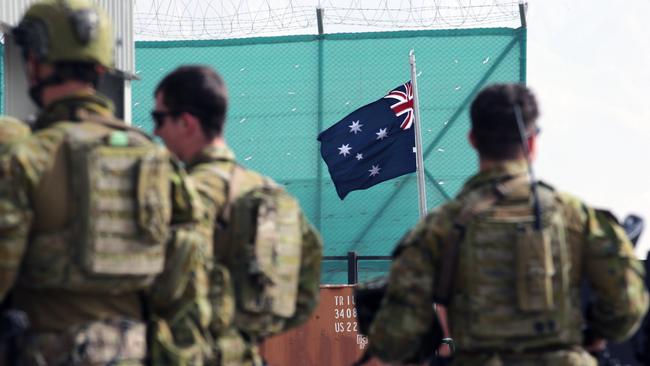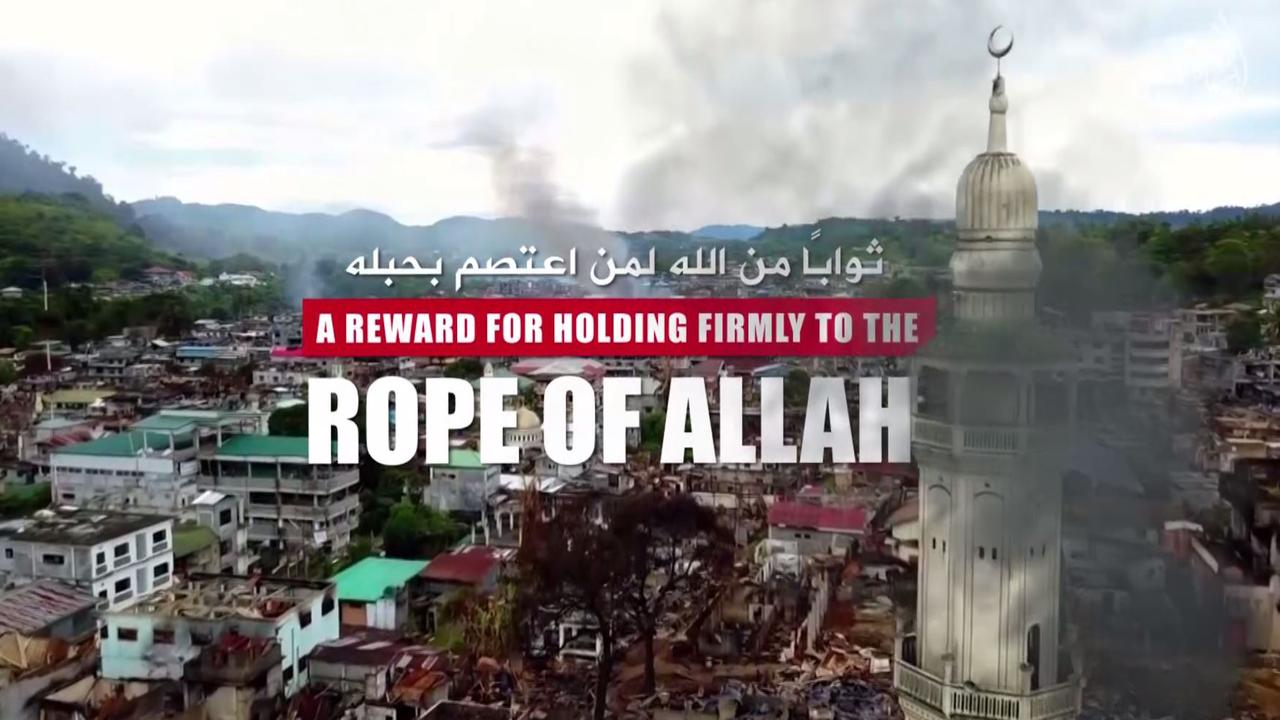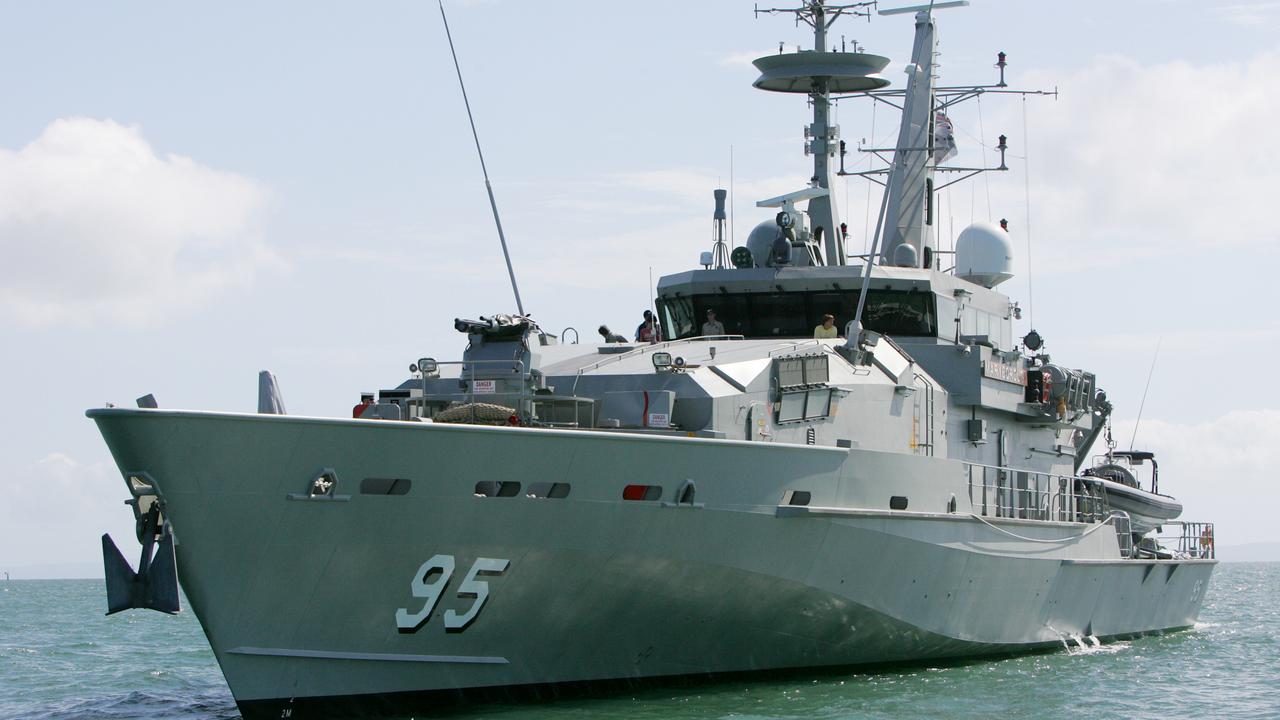‘Breaking point’: allegations against SAS troops in report
From armed robbery to weapons theft and boozing on duty, a secret army briefing outlines fears of a serious breakdown of standards.

Members of the elite Special Air Service Regiment have been linked to an armed robbery, the theft of weapons, missing classified documents, unpaid speeding fines and drinking on duty, in an internal report that also found the unit’s leadership was at “breaking point”.
The confidential briefing by then special operations commander Jeff Sengelman reported a litany of failings of leadership and accountability “across the full span of command responsibilities”.
Major General Sengelman sent the briefing to army chief Angus Campbell in October 2015 to outline the case for urgent reform, including a plea for support from the army and Defence.
The briefing was written soon after General Sengelman invited Perth-based SAS members to write letters to him detailing instances of unprofessional conduct.
These letters are understood to have reinforced concerns in the senior ranks of the army that the secretive culture of the special forces had contributed to a serious breakdown of standards.
The briefing led to a formal inquiry by the Inspector-General of Defence, led by NSW Supreme Court judge Paul Brereton, which is due to report within months and is believed to have uncovered allegations of war crimes by SAS members in Afghanistan between 2001 and 2016.
In his 2015 briefing note, which has been seen by The Weekend Australian, General Sengelman cited “three notifiable incidents that occurred at SASR in quick succession”. One of these involved the arrest by West Australian police of an SAS member for “involvement in an armed robbery”.
In response to questions, Defence said last night the soldier arrested for armed robbery was later convicted and sentenced, and he left the Defence Force in March 2015.
Another member reported that his civilian weapons, which he had kept incorrectly in a personal locker at Perth’s Campbell Barracks, had gone missing. In another incident, the warrant officer in charge of ammunition at SAS headquarters was found to have been removing explosive ordnance and other property.
General Sengelman, who retired from the military last year, noted that an official report in February 2015 had been damning in its analysis of explosives management within the regiment.
The Australian has previously revealed that the Inspector-General of Defence is investigating allegations that some SAS members smuggled weapons from Perth to Afghanistan in an attempt to evade responsibility for incidents on the battlefield.
In his briefing, General Sengelman said there had been several incidents of alcohol consumption on operations and a prioritisation of “mateship over leadership”, which resulted in an undermining of the chain of command and a “confused notion of what is acceptable”.
Classified documents were identified as missing, both at special operations headquarters and within a unit. This had occurred “across an extended period reflecting lack of supervision”.
General Sengelman said speeding fines went unpaid because vehicles were “unattributed”. He also reported burnout of staff at both unit level and headquarters. He noted five members had left in the previous 12 to 18 months with mental health-related illnesses.
General Sengelman, who took over as commander in December 2014, said he wanted to address the root causes of the problems.
“Culture, manning and operational tempo have previously been seen as the cause; in this instance I assessed the cause was failings in leadership and accountability,” he wrote. “(Special Operations Command) was no longer holding itself to account and maintaining the required standards across all areas.
“More specifically, I assess the problem was a gradual erosion of leadership and accountability across the full span of command responsibilities. This resulted in acceptance of incorrect norms and standards, and evidenced in poor discipline and governance shortcomings.”
General Sengelman referred to previous efforts within the command to respond to an escalating number of “behavioural and compliance discrepancies”.
He said the “short notice response” in sending soldiers to Ukraine in the second half of 2014 after the downing of Malaysia Airlines flight MH17 had tested the command to “breaking point” and this had remained largely unknown to the army.
The troops went to Ukraine to help the Australian Federal Police to recover the remains of Australians killed in the MH17 crash.
“This event dislocated efforts by the (Special Forces Commander) to reform the Command and address significant cultural and behavioural issues that had come to the attention of the (Chief of Army) and (Chief of Defence Force),” he wrote.
Defence said it continued to undergo a self-initiated period of continuous cultural and organisational change.
“As part of the broader army and Australian Defence Force cultural review and reform measures, Special Operations Command has implemented a number of cultural and governance reforms since 2015,” a spokesman said. “As part of the ongoing review process army has engaged Mr David Irvine to conduct an independent assessment of reform measures implemented within Special Operations Command.
“The scope of the (Inspector-General’s) Afghanistan inquiry includes consideration of organisational, structural and cultural factors which may have contributed to the matters being considered by the inquiry.’’


